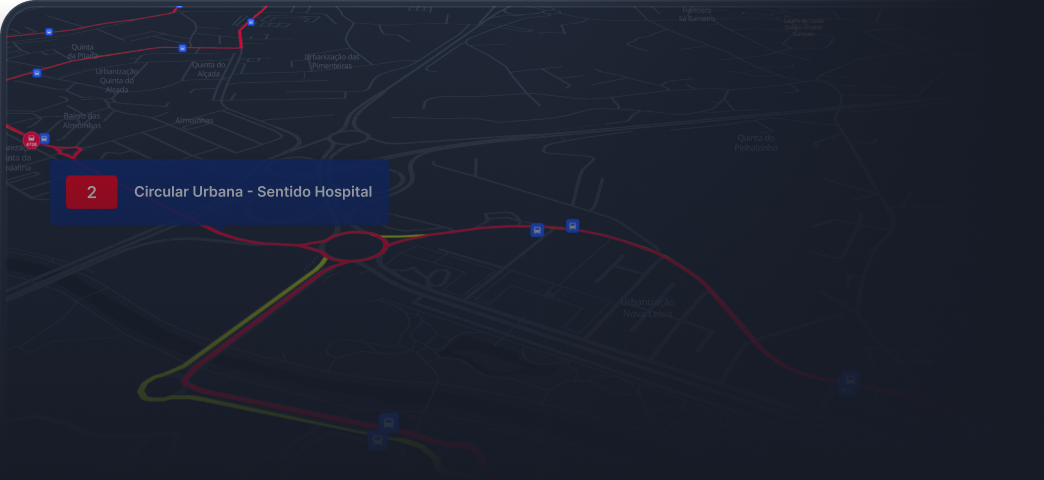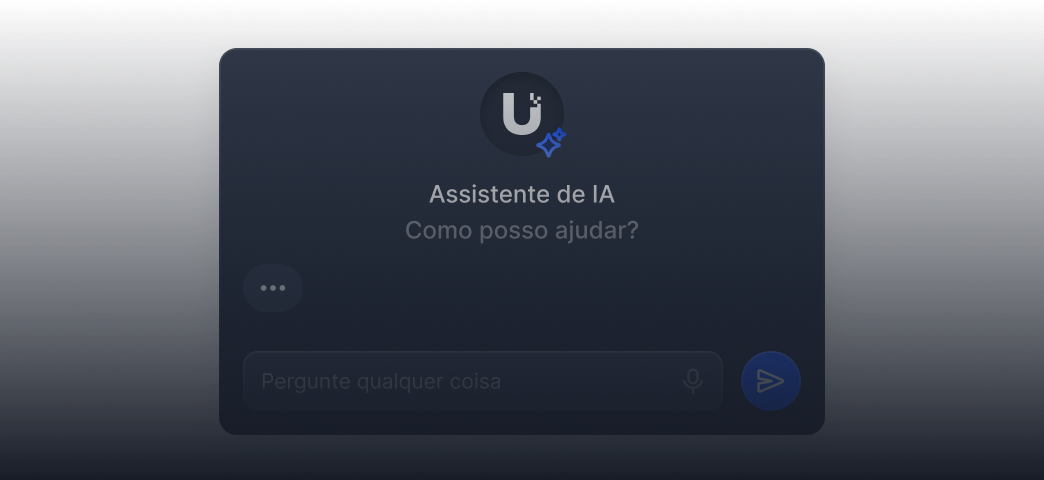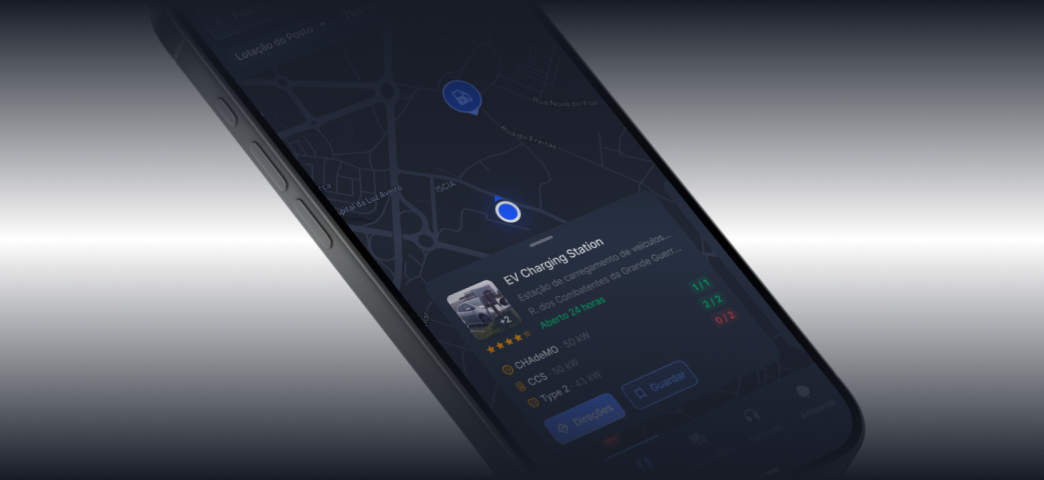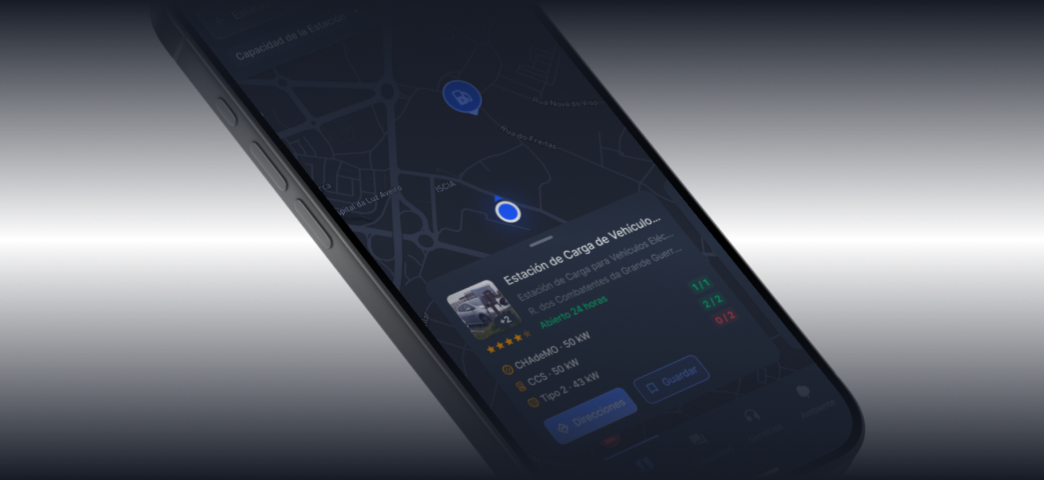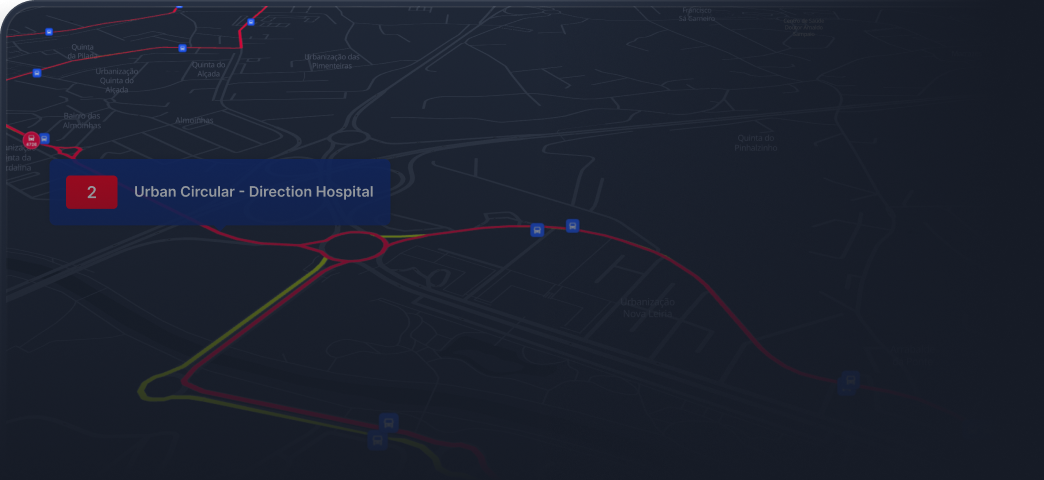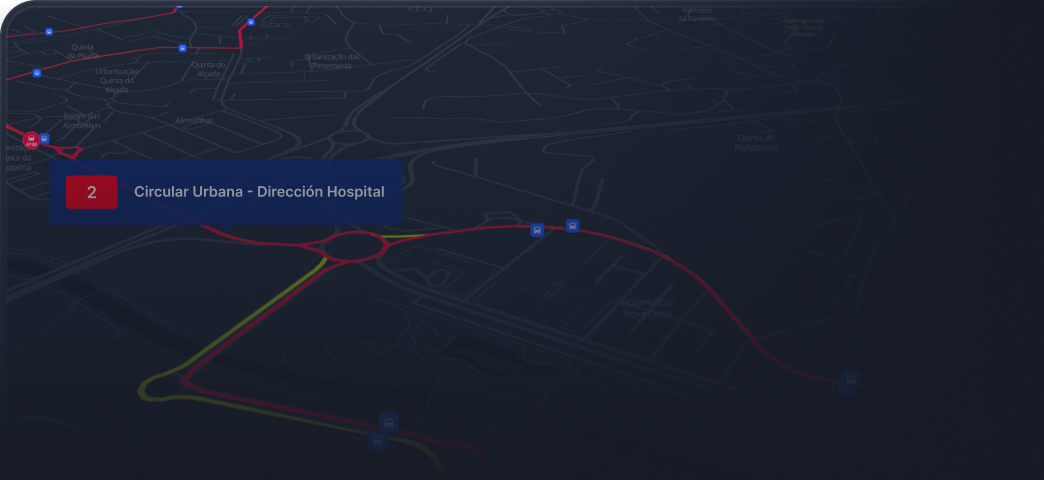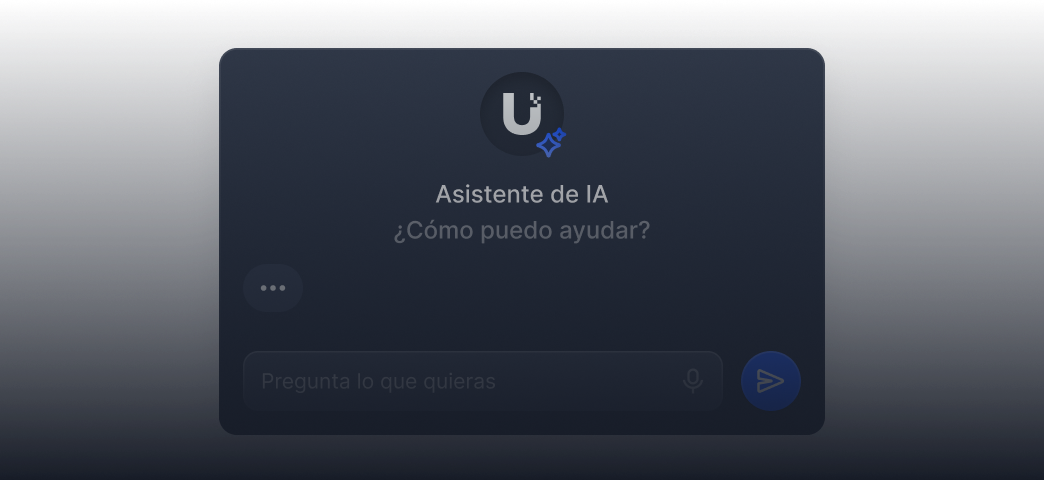The digital city at the service of the citizen: the vision of Mário Campolargo
Learn more about how technology can create safer, more efficient, and citizen-focused cities.
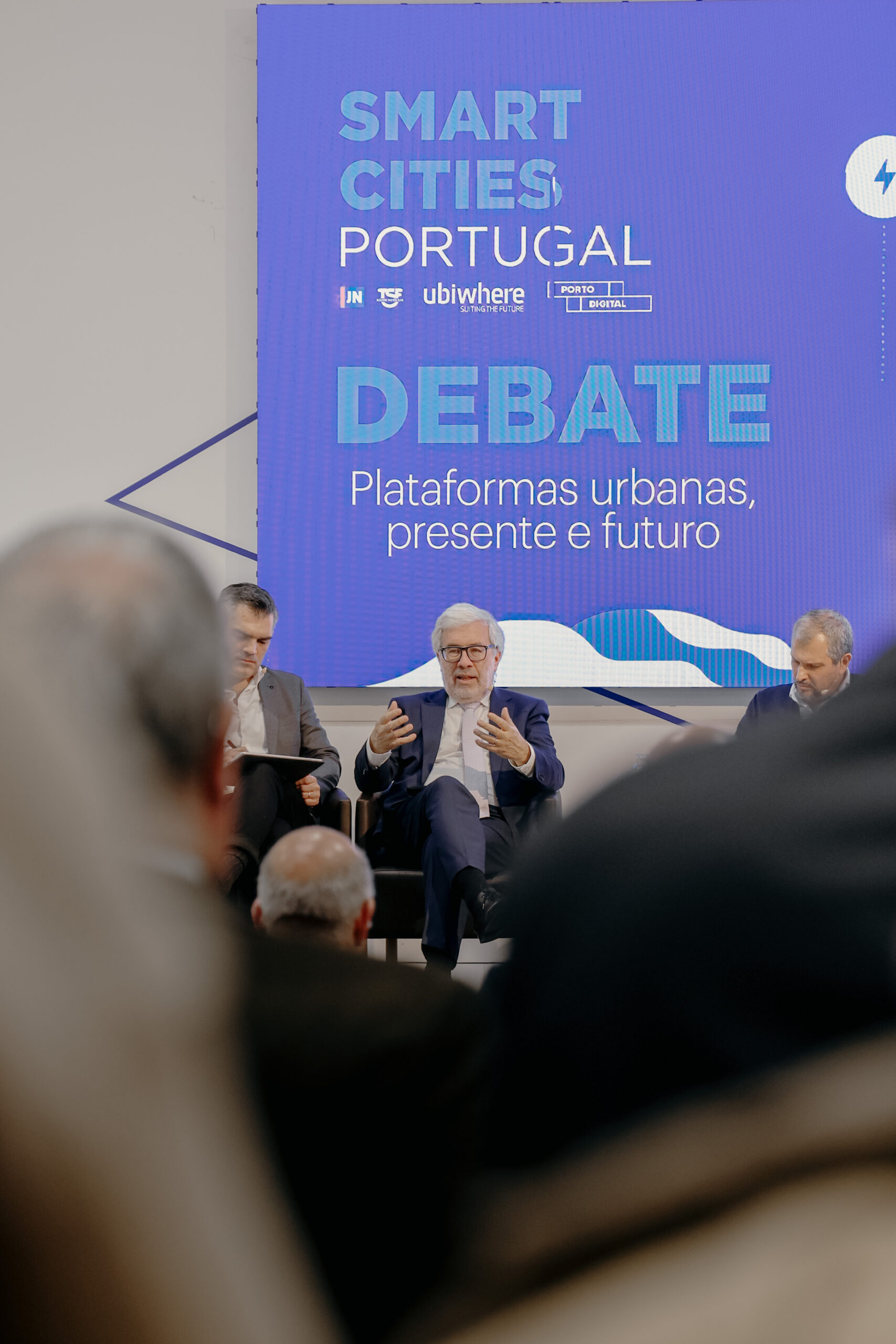
Mário Campolargo is a key figure in Europe’s digital transformation, having held senior roles at the European Commission for over 30 years, including that of Director-General.
Between 2022 and 2024, he served Portugal as Secretary for Digitalisation and Administrative Modernisation, where he undertook a fundamental role in advancing digital modernisation and technological innovation. He currently holds the position of Invited Professor at the University of Aveiro.
During the 1st Smart Cities Portugal Conference, held on 27 March 2025, Ubiwhere spoke with Mário Campolargo about the impact of Urban Management Platforms, exploring how these solutions can make cities more efficient, sustainable, and, above all, citizen-centred. The conversation reveals how technology can be a catalyst for urban transformation and a driver of innovation for the future of cities.
“Only human-centred cities are truly smart cities.”

Mário Campolargo
Former Secretary of State for Digitalisation and Administrative Modernisation – Government of Portugal (2022-2024)
UW: What role should technology companies, such as Ubiwhere, play in developing smarter cities?
MC: Urban Management Platforms are an essential component in transforming a more analogue society into a more digital one, enabling us to capture the aspirations of citizens and obtain concrete data on various aspects — climate, transport, environment, lighting, waste, rubbish.
A platform therefore brings together, or should bring together, a wealth of data that provides information about people and their aspirations and interests. If the platform is able to support local authorities, or at the national level, the country’s administration, in creating public policies better tailored to citizens, then Urban Management Platforms fulfil a particularly important role.
UW: Should citizens be concerned about the security of their data? What measures should companies adopt to ensure citizens are not harmed?
MC: Often, citizens lack a clear understanding of how their data is handled. If they did, perhaps they would not share so much personal information with major platforms and social networks — information about their lives and activities that, in a way, reveals an individual lifestyle and allows very detailed profiles to be created. These profiles are then sold to advertisers, at best, but sometimes to unknown entities.
Even if citizens are not fully aware of the potential malicious use of their data, platforms have regulatory obligations in Europe, particularly under the General Data Protection Regulation (GDPR). Additionally, there is now the Artificial Intelligence Act, which clearly defines the contexts in which AI can be used, the conditions, and how issues related to data use, especially personal data, should be mitigated.
Therefore, even though citizens may not be completely aware, and digital literacy must be improved, it is crucial that providers of Urban Management Platforms act responsibly. Above all, anyone aiming to transform a city or territory into a smart territory must understand that this must be done without bias, without abusive data use, with the ability to trace exactly who used the data and for what purpose, ensuring transparency and that governments are accountable towards citizens.
UW: Citizens are sometimes unaware that urban management platforms exist. How do citizens benefit from these platforms?
MC: The first thing to understand is that major industrial revolutions only reach maturity when we no longer notice we are using them daily. This happened with electricity — who thinks about the history of innovation, research, and infrastructure that guarantees the light turns on when we flip a switch?
The same applies, or will progressively apply, to data use, to the notion of a smart society, digital society, digital administration, smart city. When a person, without knowing the complexity behind it, has at their disposal a set of services that bring administration closer to the citizen, that are close, that anticipate concerns, desires, or needs — whether that’s booking an appointment with local public administration or ensuring parking near a hospital is available when needed.
When we can anticipate — when public administration, local or national, knows that a citizen has a specific need at a particular moment and can anticipate providing what they require — we have a smart city. If we can do this, what I call “Triple As” — Approaching the citizen, Anticipating, and Automating — we transform the jargon “smart city” into a city that is close to its citizens and used daily by them. Only human-centred cities are truly smart cities.
Portal Público
Inclui funcionalidades que proporcionam uma experiência interativa e transparente, promovendo a participação cidadã, tais como:
▪︎ Visualização do estado da cidade em tempo real
▪︎ Inquéritos à população
▪︎ Interação com os cidadãos (Reporte de Ocorrências)
▪︎ Capacidade de integração com outros serviços do território
▪︎ Formulário de contacto
Inteligência Artificial
Potencia a acessibilidade e a análise avançada de dados, permitindo uma interação mais intuitiva, através de:
▪︎ Chatbot de apoio à compreensão dos dados
▪︎ Criação de novas visualizações com base em dados armazenados no Data Lake
▪︎ Capacidade de envio das visualizações por email
▪︎ Integração com LLM
▪︎ Integração nativa na plataforma
▪︎ Capacidade de instalação on-prem e em cloud
Portal de Dados Abertos
Promove a transparência e a inovação através das suas funcionalidades, incluindo:
▪︎ Disponibilização de dados abertos à população
▪︎ Criação de ecossistema de Open Data
▪︎ Plug-ins de rápida visualização
▪︎ Criação de ecossistema de inovação
▪︎ Federado com a Plataforma de Gestão Urbana
Aplicação do Cidadão
Oferece aos cidadãos um acesso prático e intuitivo a informações em tempo real sobre a cidade, permitindo uma participação ativa na gestão urbana, através de:
▪︎ Inquéritos à população
▪︎ Interação com os cidadãos
▪︎ Formulário de contacto
▪︎ Reporte de Ocorrências
▪︎ Federado com a Plataforma de Gestão Urbana
Citizen App
Offers citizens practical and intuitive access to real-time city information, enabling active participation in urban management through:
▪︎ Public surveys
▪︎ Citizen interaction
▪︎ Contact form
▪︎ Incident reporting
▪︎ Federated with the Urban Management Platform
Open Data Portal
Promotes transparency and innovation through functionalities including:
▪︎ Open data availability for the public
▪︎ Development of an Open Data ecosystem
▪︎ Quick visualisation plug-ins
▪︎ Creation of an innovation ecosystem
▪︎ Federated with the Urban Management Platform
Aplicación del Ciudadano
Ofrece a los ciudadanos un acceso práctico y intuitivo a información en tiempo real sobre la ciudad, lo que les permite participar activamente en la gestión urbana a través de:
▪︎ Encuestas a la población
▪︎ Interacción con los ciudadanos
▪︎ Formulario de contacto
▪︎ Notificación de Incidencias
▪︎ Federado con la Plataforma de Gestión Urbana
Artificial Intelligence
Enhances accessibility and advanced data analysis, enabling more intuitive interaction through:
▪︎ Chatbot support for data comprehension
▪︎ Creation of new visualisations based on stored Data Lake information
▪︎ Ability to send visualisations via email
▪︎ Integration with LLM
▪︎ Native platform integration
▪︎ On-premise and cloud deployment options
Public Portal
Includes features that provide an interactive and transparent experience, promoting citizen engagement, such as:
▪︎ Real-time city status visualisation
▪︎ Public surveys
▪︎ Citizen interaction (Incident Reporting)
▪︎ Integration with other territorial services
▪︎ Contact form
Portal de Datos Abiertos
Promueve la transparencia y la innovación mediante funciones entre las que se incluyen:
▪︎ Acceso a datos abiertos para la población
▪︎ Creación de un ecosistema de Open Data
▪︎ Plug-ins para visualización rápida
▪︎ Creación de un ecosistema de innovación
▪︎ Federado con la Plataforma de Gestión Urbana
Portal Público
Incluye funcionalidades que proporcionan una experiencia interactiva y transparente, promoviendo la participación ciudadana, tales como:
▪︎ Visualización en tiempo real del estado de la ciudad
▪︎ Encuestas a la población
▪︎ Interacción con los ciudadanos (Notificación de Incidencias)
▪︎ Capacidad de integración con otros servicios del territorio
▪︎ Formulario de contacto
Inteligencia Artificial
Potencia la accesibilidad y el análisis avanzado de datos, lo que permite una interacción más intuitiva mediante:
▪︎ Chatbot de apoyo para la comprensión de los datos
▪︎ Creación de nuevas visualizaciones basadas en datos almacenados en Data Lake
▪︎ Envío de visualizaciones por correo electrónico
▪︎ Integración con LLM
▪︎ Integración nativa en la plataforma
▪︎ Capacidad de instalación on-premise y en la cloud
Receba a brochura da Plataforma de Gestão Urbana
Fique a conhecer as funcionalidades e componentes que ajudam a gerir os territórios de forma mais inteligente. Preencha o formulário para pedir acesso à brochura.
